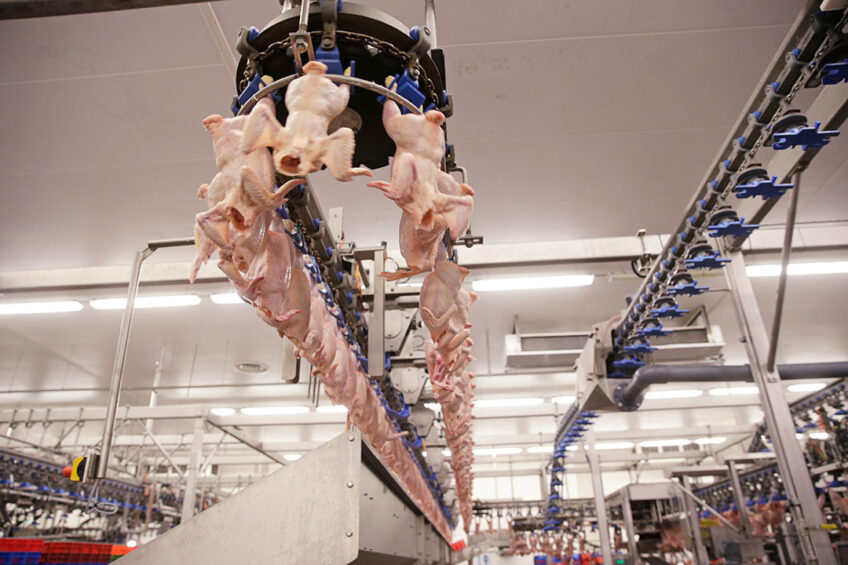BRF commits to 0 greenhouses gas emissions by 2040

Measures involve all its operations across the entire production chain.
Last week, BRF (Brazil Foods) announced their commitment to reach Net Zero greenhouse gas (GHG) emissions by 2040, both in its operations and in its production chain.
According to the statement, the plan consists of 2 phases. By 2030, the first phase aims to cut 35% of the company’s direct and indirect emissions, including operations and electric consumption, and 12.3% from its suppliers.
0 GHG emissions across the BRF chain by 2040
These targets were drawn up based on emission levels from 2019 and 2020, respectively. The second phase aims to reach 0 GHG emissions across the BRF chain by 2040. The company is the second largest poultry producer in the world.
“Climate change is an urgent global challenge and everyone needs to do their part to reverse that. Through these goals, we reinforce our commitment to the ESG agenda. BRF wants to ensure its actions are carried out in a responsible, innovative, and positive way to the environment, production chain, and communities in which we operate,” explains Lorival Luz, BRF’s global CEO.
4 priority fronts
By committing to be Net Zero by 2040, the company sets initiatives on 4 priority fronts for its value chain. BRF will promote sustainable purchase of grains, low-carbon agriculture, increasing renewable energy usage, and improving operational efficiency.
Grain purchase
The entire grain purchase, for example, will be subjected to new guidelines. In that sense, the company will also not source grains from areas where deforestation has been carried out.
BRF also intends to invest in renewable energy sources, such as wind and solar energy. The aim is to derive more than 50% of the electricity for its operations from clean sources by 2030.
Low-carbon agriculture
To implement low-carbon agriculture in the poultry and pig chains, BRF plans to scale up solar energy and biogas usage to 9,500 integrated producers, as well as in hatcheries and own farms.
Industrial operations
Regarding industrial operations, the company is committed to using new technologies for effluents treatment in order to reduce greenhouse gas emissions. When it comes to logistics, BRF is already improving its structure with a new distribution centre, which will be powered by solar panels.
“Our ambitions reflect our responsibility to preserve the environment and innovate to obtain sustainable solutions to global challenges. Among our main initiatives, we can highlight the reduction of greenhouse gas emissions as one of the most relevant aspects on the Company’s ESG agenda.” says Grazielle Parenti, global vice president of Institutional Relations and Sustainability at BRF.













